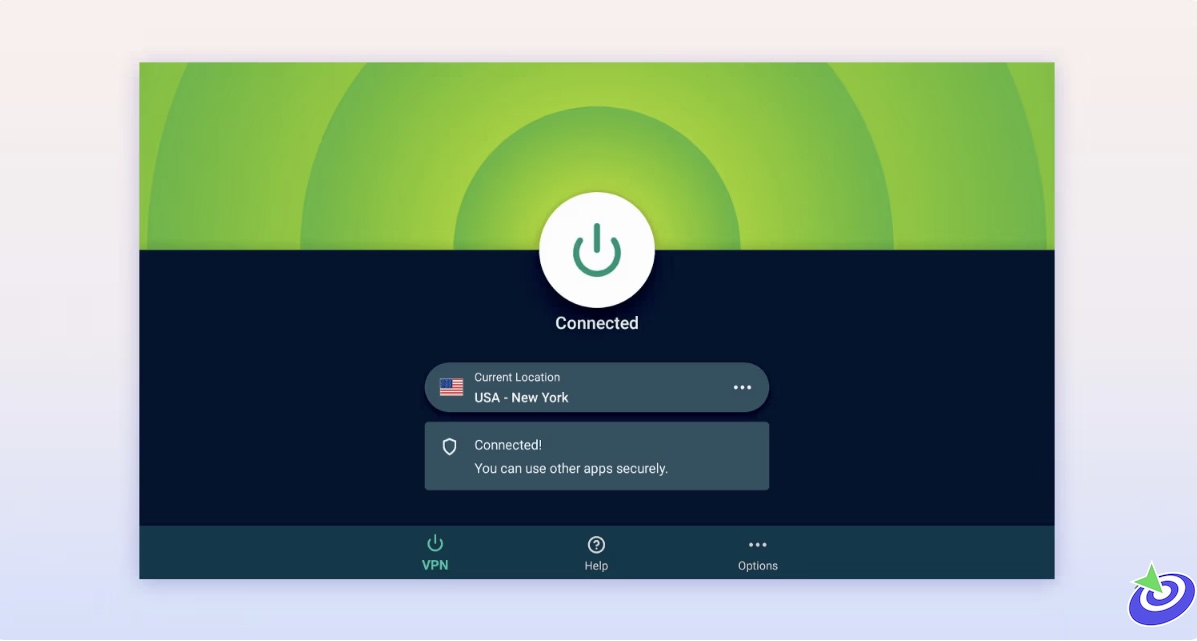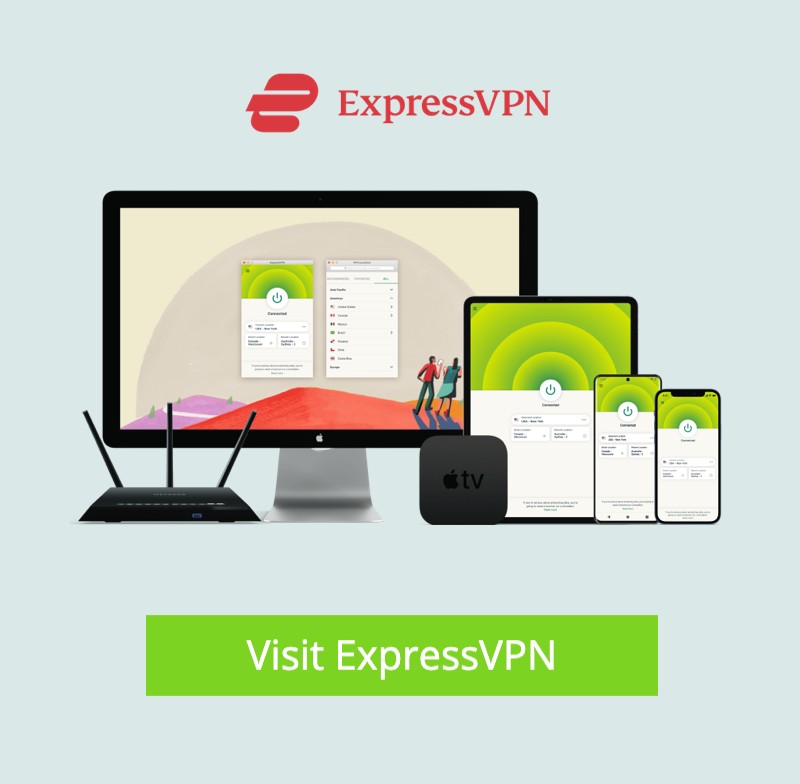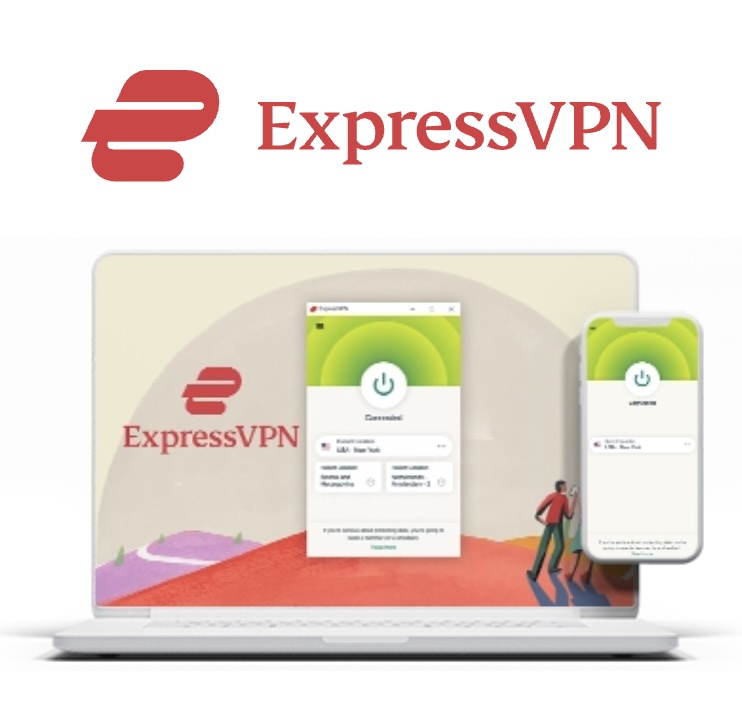Best VPN for IPTV: Let’s be real—IPTV is kind of a game-changer. No more being chained to a cable box or paying outrageous monthly fees to watch the same channels you barely touch. With IPTV (Internet Protocol Television), all your live TV, sports, news, and binge-worthy shows stream straight to your FireStick, tablet, smartphone, or smart TV. It’s modern-day freedom—until it’s not.
Here’s the rub: Many IPTV providers play hard to get by restricting access based on your location. So, if you’re traveling, living abroad, or just outside the “accepted” region, boom—access denied. Annoying? Absolutely. But there’s a workaround, and it’s called a VPN. If you want the TL;DR: ExpressVPN is hands down my go-to. It’s ridiculously fast, stupid-easy to use, works across every streaming device I’ve tested, and it doesn’t skimp on privacy. Honestly, I wish I’d started using it sooner.
Why You Might Want to Use a VPN with IPTV
First off, a VPN isn’t just about unblocking stuff (though it does that exceptionally well). It’s your privacy bodyguard. It hides your IP address, keeps nosy snoopers (and ISPs) from tracking what you’re watching, and lets you stream like a ninja—unseen and unstoppable. Also, let’s not pretend all IPTV providers are saints. A bunch of them source content from places that probably wouldn’t pass a copyright check. I’m not saying you’re breaking the law just by using IPTV—but I am saying you should cover your tracks. Better safe than receiving a weird letter from your ISP, right?
What Exactly is IPTV Anyway?
IPTV stands for Internet Protocol Television. Think of it as Netflix, but for live TV—minus the overpriced cable bundles and contracts written in legalese. Some IPTV services are 100% legit (and available in your app store), while others are, let’s say, a little more gray-market.
Official IPTV Providers
If you’re all about keeping it clean and legal, look for IPTV apps on the Amazon App Store or Google Play Store. Names you’ll recognize include:
- Sling TV
- Pluto TV
- Hulu + Live TV
- YouTube TV
These are backed by big companies with deep pockets and actual streaming rights. No sketchiness here.
Unverified IPTV Providers
This is where things get a bit murky. Some IPTV providers don’t exactly advertise how they source their content, and they definitely won’t be hanging out in your app store. If it’s crazy cheap—or free—it’s probably unofficial. Now, that doesn’t mean it’s *bad*. Just… tread carefully. And use a VPN. Always.
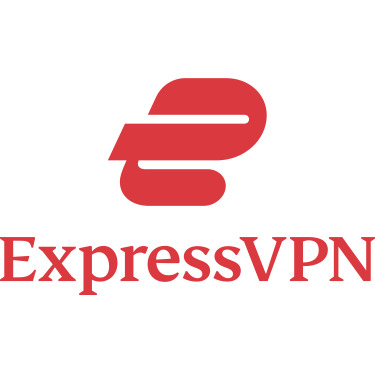 ExpressVPN
ExpressVPN
What is an IPTV VPN (and Why Should You Care)?
Okay, techy breakdown incoming (but I promise to keep it human). A VPN—short for Virtual Private Network—is like a secure tunnel between your device and the internet. It hides your IP address and encrypts your connection, making you borderline invisible online.
This means you can:
- Access geo-blocked IPTV channels
- Stay private and anonymous while streaming
- Prevent your ISP from throttling your speeds (because yes, they totally do that)
Bottom line? If you’re using IPTV and not using a VPN, you’re kind of doing it wrong. Sorry, not sorry.
Why ExpressVPN Best For Streaming IPTV?
I’ve tried more VPNs than I care to admit. Some were slow. Some dropped connections like hot potatoes. Others had interfaces straight out of Windows 98. ExpressVPN, on the other hand? Smooth sailing.
Here’s why I like it:
- Lightning-fast speeds (zero buffering even on 4K streams)
- Works on everything—FireStick, Android TV, your grandma’s router, probably
- No-logs policy (they don’t store your data, period)
- 30-day money-back guarantee (so it’s basically risk-free to try)
Also, they’re currently offering a sweet deal: 61% off + 4 extra months free when you grab the 2-year plan. Worth it? Yeah, totally.
Before you start streaming In Firestick, I would like to warn you that everything you stream on firestick is visible to your ISP and Government. This means, streaming copyrighted content (free movies, TV shows, live TV, and Sports) might get you into legal trouble.
Thankfully, there is a foolproof way to keep all your streaming activities hidden from your ISP and the Government. All you need is a good VPN for FireStick Streaming. A VPN will mask your original IP which is detecting… and will help you bypass Online Surveillance, ISP throttling, and content geo-restrictions.
I personally use and recommend ExpressVPN, which is the fastest and most secure VPN. It is compatible with all kinds of streaming apps and devices.
NOTE: We do not encourage the violation of copyright laws. But, what if you end up streaming content from an illegitimate source unintentionally? It is not always easy to tell the difference between a legit and illegal source.
So, before you start streaming on FireStick, here's how to get VPN protection in 3 simple steps.
Get it HERE. It comes with a 30-day money-back guarantee. Meaning, you can use it free for the first 30-days and if you are not satisfied, you can ask for a full refund.
Click HERE to download and install the app on your streaming device.
If you are using a FireStick, I have given the exact steps starting with Step 4 below.
Your connection is now secure with the fastest and best VPN for FireStick.
The following are the steps to install ExpressVPN VPN on your Fire TV devices. If you have other streaming devices, follow Step 1-3 above.
Subscribe HERE (if not subscribed already).
Click Find followed by Search option (see image below).
Sign in using the email ID and password that you created while buying the ExpressVPN subscription.
That’s all. Your FireStick is now secured with the fastest VPN.
How to Stream on FireStick with a VPN
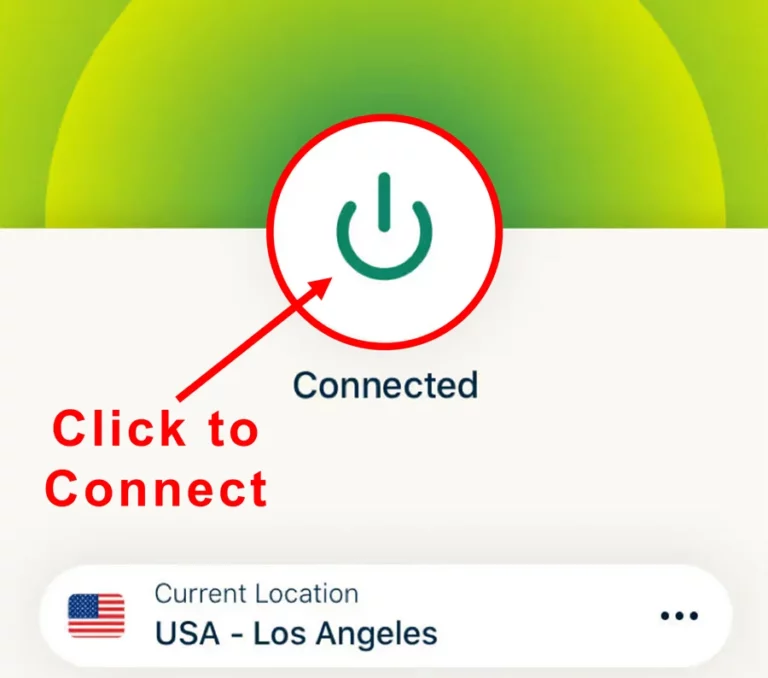
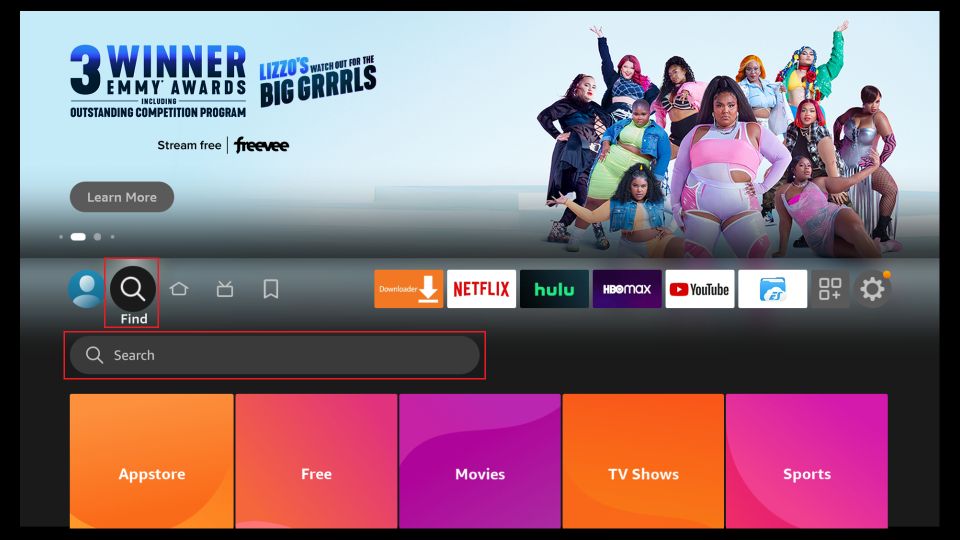
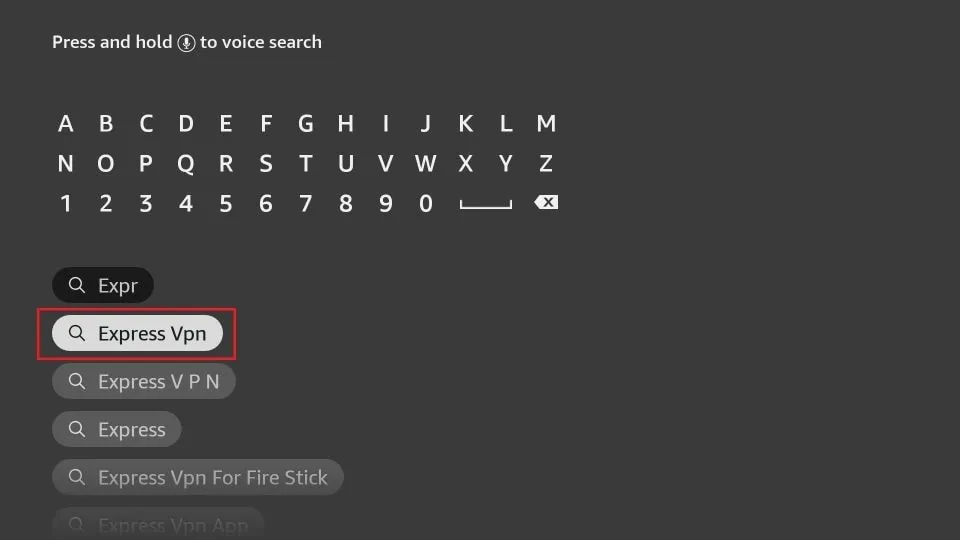


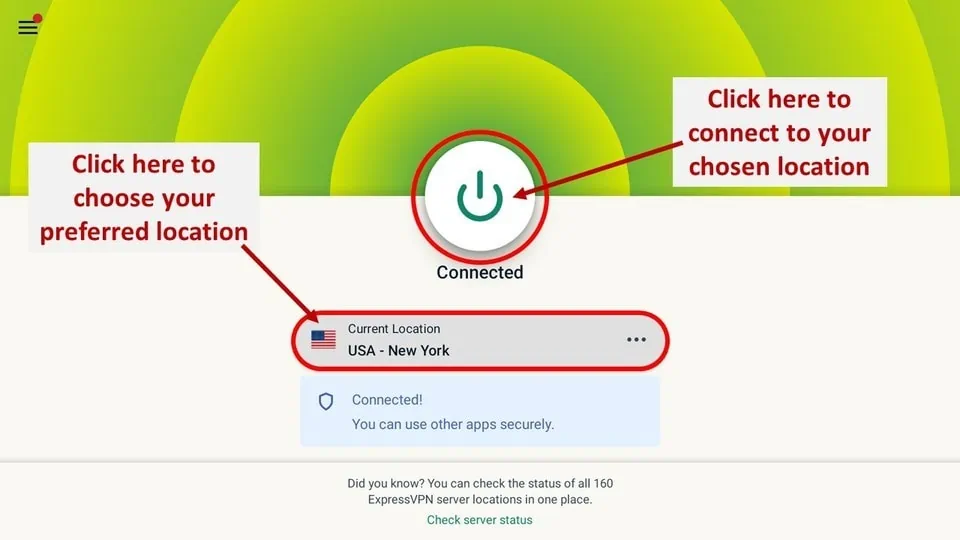
Note: Choose a server location that matches the region of the IPTV content you’re trying to access. Want to watch UK channels? Connect to a UK server. Easy. Look, IPTV is awesome—but like most good things on the internet, there are strings attached. Whether it’s geo-blocks, privacy concerns, or just wanting to keep your streaming habits to yourself, a VPN is the no-brainer solution. And yeah, there are other VPNs out there. But honestly, if you’re serious about streaming, just go with ExpressVPN. It works, it’s fast, and you won’t have to Google “Why does my stream keep buffering?” ever again.
Why Do You Need a VPN for IPTV?
If you’re streaming IPTV without a VPN, you’re basically shouting your viewing habits into a megaphone. Okay, maybe not literally—but close. The truth is, you’re way more visible online than you probably realize. And in a world where privacy feels like a luxury, that’s kind of unsettling. Here’s the deal: A VPN acts like a digital invisibility cloak. When it’s turned on, your IP address, location, and streaming choices are hidden from your ISP, advertisers, and any nosy third parties peeking over the virtual fence. It’s not paranoia—it’s just smart.
Below are some legit reasons why using a VPN with IPTV isn’t just a “nice-to-have”—it’s essential:
1. Bypass Geographical Restrictions
You know that frustrating moment when you’re all set to watch a show or channel, only to be greeted with a “This content is not available in your region” message? Yeah. That’s geo-restriction in action. And yes, it’s just as annoying as it sounds. Platforms like Netflix, Amazon Prime, Hulu, and—surprise—many IPTV providers love to lock down content based on your location. But here’s the magic trick: a VPN lets you pick a virtual location. So you can be in New York while pretending you’re in London. Or Tokyo. Or anywhere else that lets you unlock the good stuff. With a solid VPN, the entire globe becomes your streaming library. No borders. No blocks. Just content.
2. Stay Safe from Online Surveillance
This one’s a bit icky. The idea that someone—whether it’s your ISP, a creepy data broker, or some overreaching agency—is keeping tabs on your streaming activity? No, thank you. IPTV is awesome, but its rising popularity means it’s also attracting attention—some of it unwanted. And while you might not be doing anything wrong, that doesn’t mean you want to hand over your digital diary to your ISP. A VPN shuts that down. It encrypts your connection so no one (not even your internet provider) can see what you’re up to. Think of it like closing your blinds before you Netflix-and-chill—only for your entire internet connection.
3. Bypass ISP Throttling
You’re midway through a show. The plot’s heating up. Then… it starts buffering. You yell at the screen. You jiggle the remote. You even restart your Wi-Fi like that’s going to help. But the real villain? Your ISP. Many internet service providers quietly throttle (a fancy word for “slow down”) your connection when they detect heavy usage—like, say, high-definition streaming on IPTV. With a VPN? That stops. Your ISP can’t see what you’re doing, so they have no reason (or ability) to selectively slow you down. It’s like slipping under their radar. Result: smoother streaming, less rage-quitting.
Are All VPNs Good?
Oh man, if only. I wish I could say “Just grab any VPN and you’re golden.” But I’ve been burned by enough sketchy services to know that not all VPNs are created equal. Some are slow. Others log your data (which kinda defeats the whole privacy thing). A few won’t even unblock the content you want. And the worst ones? They just crash. Constantly. So yeah, not every VPN is up to the IPTV challenge. You need one that’s fast, reliable, private, and actually works with the platforms you care about. If you ask me? Don’t settle. IPTV is supposed to be freedom, not frustration.
ExpressVPN: #1 VPN for IPTV
Let’s be honest — the VPN world is crowded. Like, “Black Friday in a tech store” kind of crowded. There are hundreds of providers out there, all claiming they’re the fastest, safest, and most magical solution to your streaming problems.
So, I rolled up my sleeves, tested a ton of them (too many, honestly), and after hours of toggling between settings and suffering through buffering nightmares, one name stood out like a lighthouse in a sea of mediocre apps: This VPN didn’t just perform well — it crushed it. It’s fast, reliable, packed with features, and yes, it actually does what it promises. That’s rarer than it should be.
So What Makes ExpressVPN So Good?
Let’s break it down. ExpressVPN is basically the superhero of VPNs — minus the cape, but with 3,000+ servers in 160 locations across 105 countries. That means wherever your favorite IPTV stream is geo-blocked, there’s likely a server just waiting to give you access. They also have all the nerdy goodies under the hood: 256-bit AES encryption, unlimited bandwidth (yes, really), a reliable kill switch (called Network Lock), and a strict no-logs policy. Translation? No one — not your ISP, not the government, not even ExpressVPN — can see what you’re watching at 2 a.m.
It’s also based in the British Virgin Islands — which sounds like a vacation spot but is actually great news for your privacy. It’s outside the reach of surveillance alliances like Five Eyes. So your digital life? It stays yours. Plus, you can use it on up to 8 devices at once. That’s more than enough for your FireStick, your phone, your laptop, your roommate’s TV, and your slightly outdated smart fridge (okay, maybe not the fridge). Router-level configuration? Check. A 30-day, no-hassle, money-back guarantee? Yep. They even have a limited-time deal where you can get 4 extra months free on a 2-year plan — with a solid 61% discount. Not bad at all. ExpressVPN is my go-to pick for IPTV. It’s not just the best — it’s the one that actually makes the whole experience smooth, safe, and stupidly easy.
How to Choose the Best VPN for IPTV
Choosing a VPN shouldn’t feel like assembling IKEA furniture. But sadly, it kind of does if you don’t know what to look for. So here’s a quick, non-boring checklist based on my own head-scratching and trial-and-error journey.
1. Features
Not all features are created equal. You want stuff that actually matters — like a kill switch (to instantly cut your connection if the VPN drops), DNS leak protection, and strong encryption. ExpressVPN has all that baked in. It’s like the Swiss Army knife of VPNs, minus the confusing attachments. And please — only choose a provider that has a strict no-log policy. If they’re logging your activity, they’re not protecting your privacy — they’re selling it. ExpressVPN? Zero logs. Nada. They’ve even been audited to prove it.
2. Connection Speed
Ever tried watching IPTV on a slow connection? It’s torture. Like trying to stream through a dial-up modem in 2003. Buffering is the enemy, so speed absolutely matters. Out of every VPN I tested, ExpressVPN had the fastest and most stable speeds. No buffering. No pixelated mess halfway through a football match. Just smooth, uninterrupted streaming — the way it should be.
3. Customer Support
VPNs are techy. And occasionally things go sideways. When they do, you want help — preferably from a real human, not a chatbot quoting FAQs at you. ExpressVPN gets this. Their support is available 24/7, and it’s actually useful. I once asked a dumb question at 2 a.m., and a very polite person didn’t even mock me. 10/10 experience.
Conclusion
IPTV is changing how we watch content. It’s cheaper, more flexible, and honestly, a lot more fun than traditional cable. But without a good VPN, you’re missing half the picture — and potentially putting your privacy at risk. Whether you’re trying to unblock a geo-restricted channel, avoid ISP throttling, or just want peace of mind while streaming, a VPN is a must. And if you’re going to get one, you might as well get the best. ExpressVPN is the real deal. It’s fast, secure, private, and — bonus — incredibly easy to set up and use. Trust me, I’ve tried the clunky ones. This isn’t one of them.
FAQs
Is using a VPN with IPTV legal?
Great question! Using a VPN itself is perfectly legal in most countries—it’s just a tool for privacy and security. However, what you watch through IPTV matters. Streaming copyrighted content without permission can land you in hot water. So, always stick to legal IPTV services and use your VPN for privacy and unblocking geo-restrictions.
Will a VPN slow down my IPTV streaming?
In theory, adding a VPN layer could cause some slowdown due to encryption and routing. But with top-tier VPNs like ExpressVPN, you’re more likely to notice smoother streaming because it prevents ISP throttling and optimizes connections. So, the speed hit is minimal or even reversed if your ISP is slowing you down.
Can I use one VPN account on multiple devices?
Absolutely! Most premium VPNs, including ExpressVPN, allow you to connect several devices simultaneously—ExpressVPN supports up to 8. This means you can protect your phone, FireStick, laptop, and even your smart TV all under one subscription.
How does a VPN protect my privacy while using IPTV?
A VPN encrypts your internet traffic and masks your real IP address, making it nearly impossible for your ISP, hackers, or anyone else to see what you’re watching. So, even if your IPTV provider or third parties are curious, your viewing habits stay between you and your screen.
What should I avoid when choosing a VPN for IPTV?
Watch out for VPNs with slow speeds, sketchy logging policies, or limited server locations. Free VPNs especially are a red flag—they often sell your data or have bandwidth caps that ruin streaming. Always opt for reputable, tested providers that prioritize privacy and speed.
Can a VPN help if my IPTV service is blocked in my country?
Yes! One of the biggest perks of a VPN is bypassing government or ISP blocks. By connecting to a server in another country, your VPN tricks the IPTV service into thinking you’re accessing it from an allowed location. This opens up a whole new world of streaming options.

